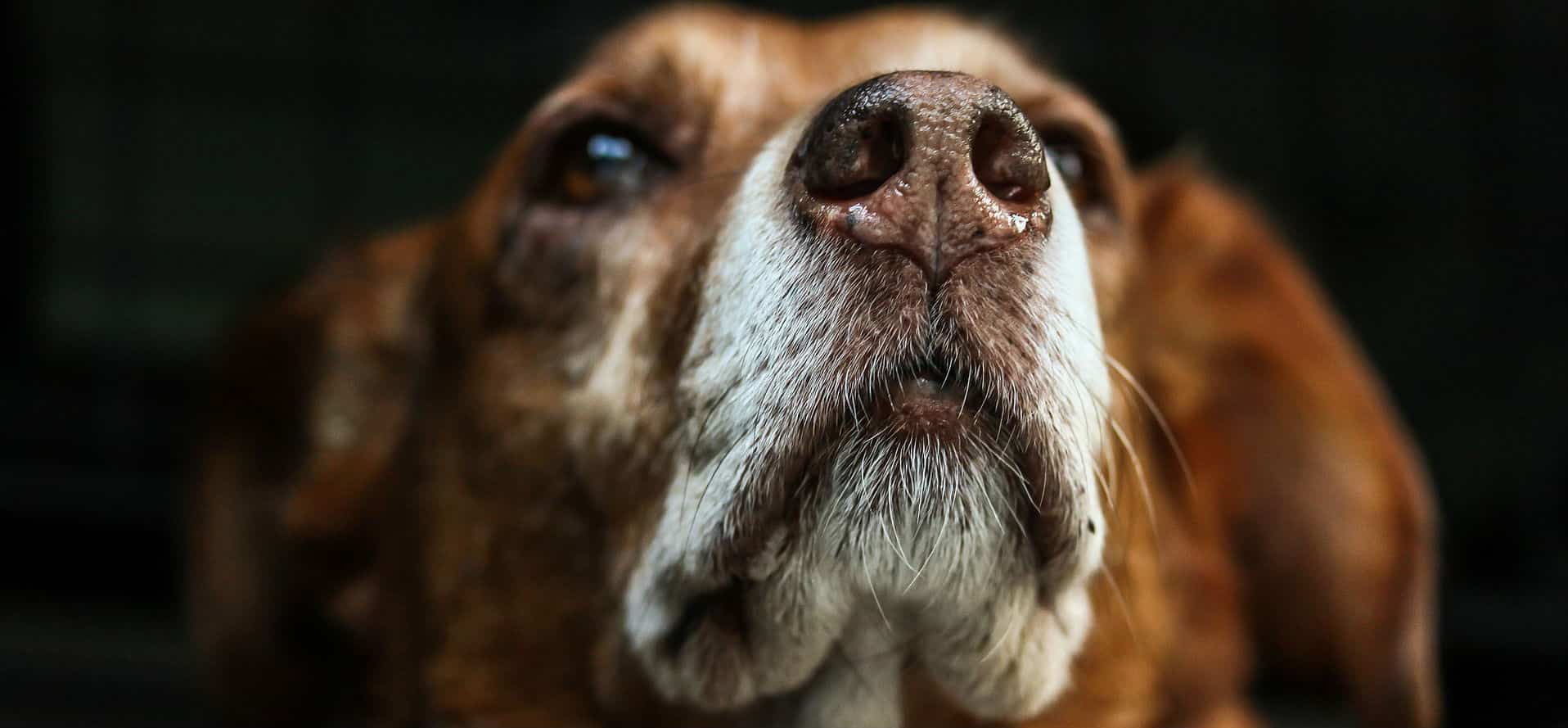What causes nose bleeding in dogs and how is it diagnosed?
Original Question: My dog is suffering from sudden nose bleeding. - Lezina
 Jan 26, 2019
Jan 26, 2019
Hi Lezina,
Sorry to hear about this.
This is called epistaxis and without other information, I can only talk about this clinical symptom in a general way as it would apply to any dog. The very quick, simple and absolutely best answer is to see your veterinarian for a consultation and physical examination. There are many conditions that can cause nose bleeding in dogs and some can be very serious. The possibilities include trauma, bacterial infection, fungal infection, cancer, lodged foreign material, tooth abscess, bleeding/clotting disorders along with others. The typical diagnostics tests I would initially perform would be a urinalysis, thorough general blood work, a coagulation profile, X-rays and a really thorough exam with a high-powered light of the nostrils and the oral cavity. Keep in mind that this is a challenging area to investigate as it is encased in bone, down a hole and could be within the skull to a degree. Some of these conditions are often evaluated with the use of a CT scan, which is done at specialty centres and can be quite expensive.
I hope this gives you some insight.
Dr. Clayton Greenway


Disclaimer: healthcareforpets.com and its team of veterinarians and clinicians do not endorse any products, services, or recommended advice. All advice presented by our veterinarians, clinicians, tools, resources, etc is not meant to replace a regular physical exam and consultation with your primary veterinarian or other clinicians. We always encourage you to seek medical advice from your regular veterinarian.

